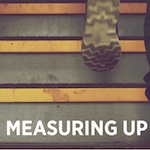 A new report by researchers at the Center on Reinventing Public Education at the University of Washington provides an assessment of urban public education in 50 cities across the United States. And the assessment is not good, particularly for students of color and those from low-income families.
A new report by researchers at the Center on Reinventing Public Education at the University of Washington provides an assessment of urban public education in 50 cities across the United States. And the assessment is not good, particularly for students of color and those from low-income families.
The report found that White students in these urban school systems were four times as likely as Black students to enroll in a top-scoring elementary or middle school. Black students in these urban schools were twice as likely as White students to be suspended from school.
The report also found that there has been little or no academic progress in these largely minority schools. A large percentage of these urban schools in 50 cities ranked in the bottom 5 percent of the schools in their states. In 30 of the 50 cities, less than 15 percent of the students took either the ACT or SAT college entrance examination.
Robin Lake, director of the Center on Reinventing Public Education, stated that “America is at a profound moment of social struggle. School improvement can’t wait for us to solve poverty or racial injustice. But we can create great school options now for young people that can help to mitigate these other social challenges. Education is a crucial lever for mayors and civic leaders to provide hope and opportunity for our most vulnerable youth. We can’t improve our cities without improving our schools.”
The report, Measuring Up: Educational Improvement and Opportunity in 50 Cities, may be downloaded by clicking here.
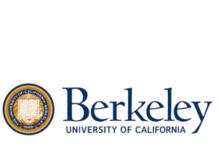
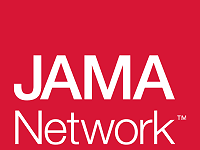

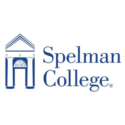

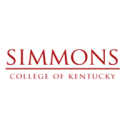





This report, and those like it, facilitate the lazy presumption that “top-scoring” schools are better than schools where the students get lower scores. This presumption is unwarranted. Student achievement, certainly as it is measured by standardized tests, is determined in bulk by home-based factors, not school-based factors. Consequently, the very suggestion of measuring school quality by the student test scores is plainly ridiculous. There is no way to assess the academic opportunities available at any school by the student test scores, and to suggest that student test scores are indicative of school quality leads us away from the real solutions.